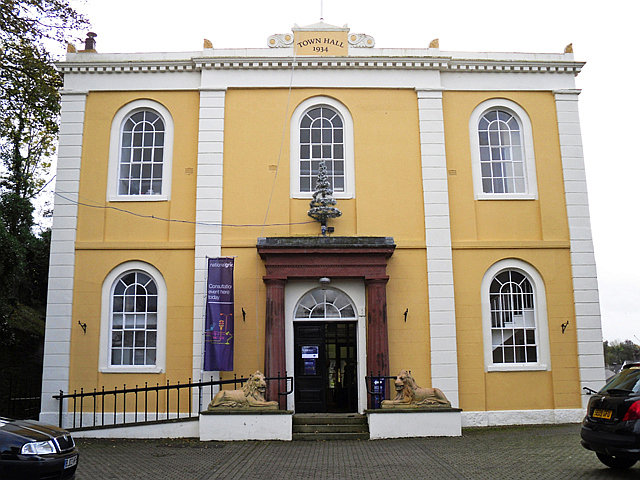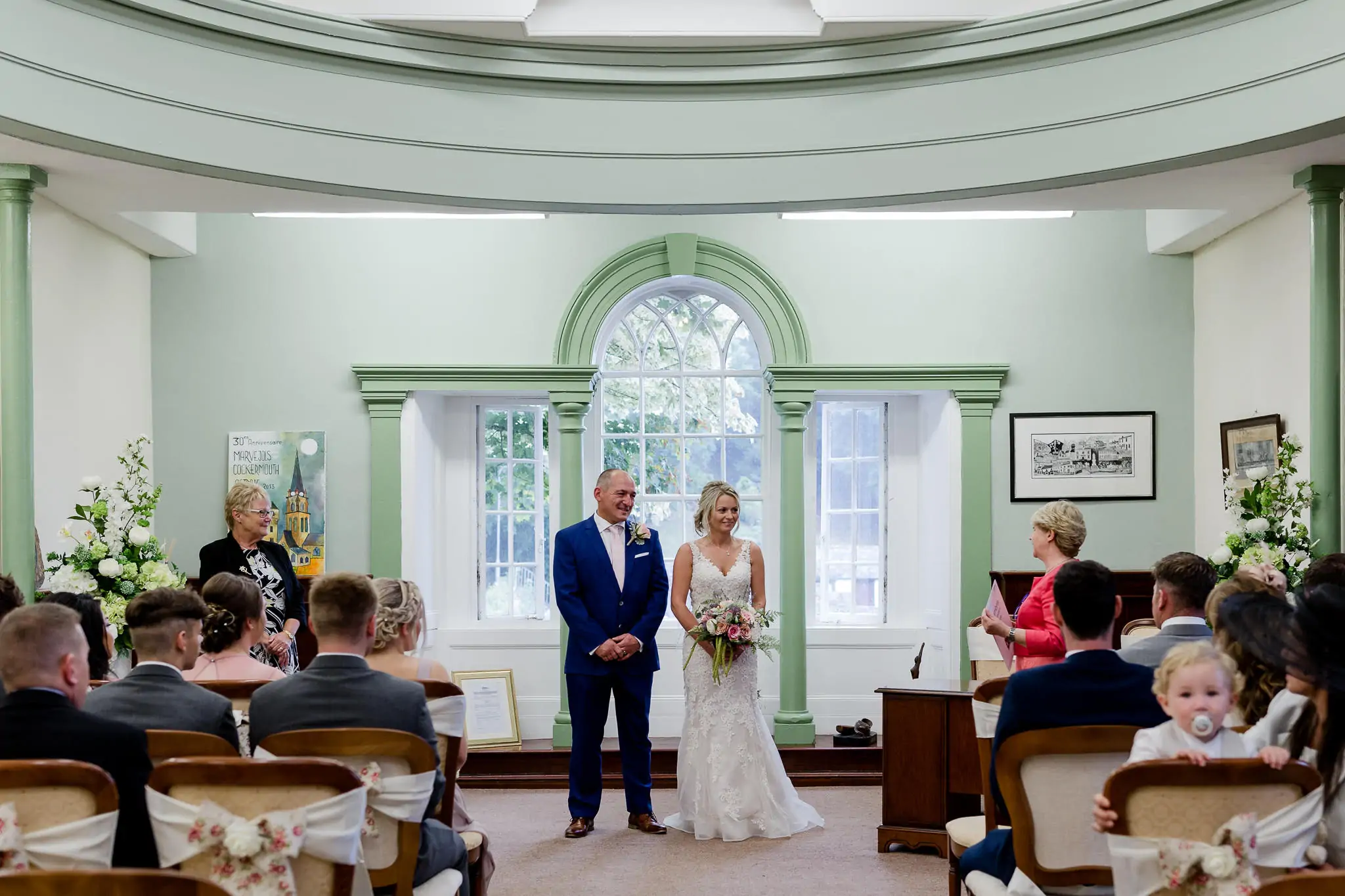A National Heritage ‘Gem’ Town
Cockermouth is situated in the most beautiful corner of England – the Lake District in Cumbria. Its unique position also makes it within easy reach of the Solway Coast (seven miles) and Scotland (thirty miles). The M6 motorway, together with the A66 trunk road from the motorway to the west coast makes road communication very easy. An excellent main line rail service is available from nearby Workington to Carlisle, the Cathedral city, twenty five miles away and there are regular connecting bus services to most parts of Cumbria and the Lake District. This thriving market town with its 8,000 inhabitants is proud of the fact that in 1965 the Council for British Archaeology recommended Cockermouth for preservation by the State as part of the National Heritage, thus making it a ‘Gem’ town. It has a castle and two rivers – the Cocker (from which the town derives its name) and the Derwent, both ideal for salmon and trout fishing.


Local events
Local news
Our history
Cockermouth can boast many famous ‘sons’, the most famous of all being William Wordsworth, Poet Laureate, who was born in Cockermouth on the 7th April 1770 in a fine Georgian house which stands on a tree-lined Main Street and which is now owned by the National Trust. Apart from Wordsworth, Fletcher Christian, leader of the Mutiny on the Bounty, was born on 25th September 1764 at a farm known as Moorland Close on the outskirts of Cockermouth and in 1766, in the village of Eaglesfield, near Cockermouth, John Dalton, mathematician and chemical philosopher was born. He went on to achieve worldwide acclaim with the publication of his atomic theory in the early 1800’s. Fearon Fallows who was born in Cockermouth in 1787 and who went on to be Astronomer Royal, is yet another famous son. With William Wordsworth being born in Cockermouth it would be reasonable to expect to see some daffodils and in 1985 almost half a million were planted in the town as a result of an appeal organised by English Life Country Butter for the benefit of the National Trust. A visit to Cockermouth in the Spring is therefore a must. An annual Festival of Art, Theatre, Music and Storytelling as well as an annual carnival is held in the town during summer. Autumn is a beautiful time to visit the area to watch the changing colours mellow the surrounding countryside. The “Taste Cumbria” food festival held at the end of September is a popular event, the Festival attracts thousands of visitors from all over the country. Cockermouth Christmas lights transform the town into a winter wonderland towards the end of November. In December a second food festival, “Taste Christmas” again fills the streets with visitors flocking to stock up with tasty local Christmas treats and sample a mulled wine. Cockermouth has been twinned with the town of Marvejols, which is situated in the Lozere district of southern France, since 1983. To acknowledge the work done by the town in promoting European friendship the Council of Europe has awarded to the town a European Diploma, a Flag of Honour, a Plaque of Honour and finally the highest accolade which is awarded by them, the Europe Prize, which was jointly awarded to the two towns in the year 2000.
